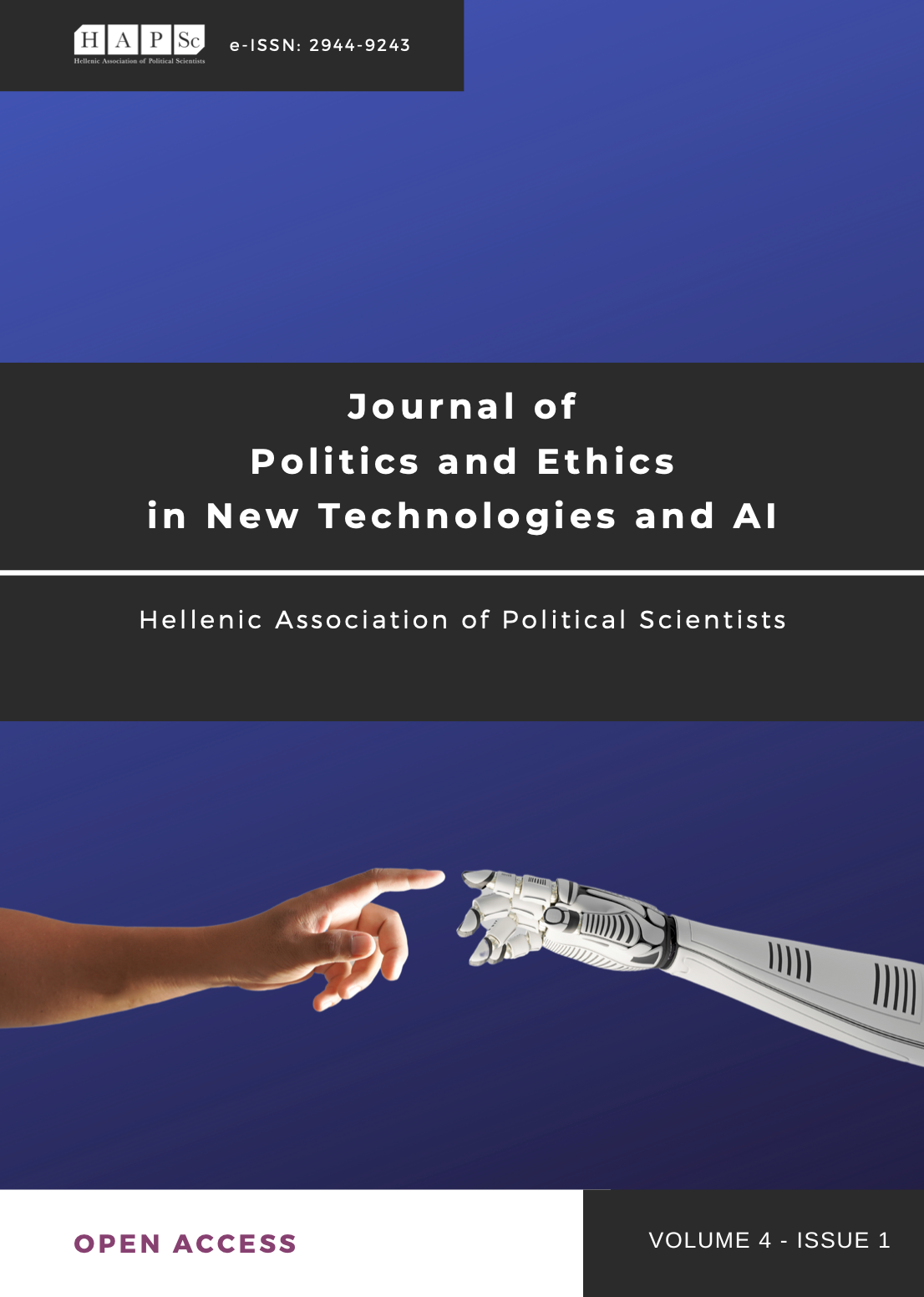Can Political Liberals Have a Coherent Position on AI and Work?

Abstract
This paper outlines a political liberal perspective on the issue of artificial intelligence in the workplace. Some criticisms, related to autonomy, domination, and alienation, are derived from political moralities unacceptable for the political liberal; however, they identify concerns that should be considered. Additionally, other perspectives could forbid trade-offs for workers that are permissible for a political liberal (or should be). I explain the typical arguments and explain how the concerns can be reconceived, rather than rejected, because they relate to the moral powers, providing an acceptable justification for political acts with the caveat of permitting trade-offs. However, I explain that there are implications for the political liberal to recognise work, and its surrounding issues, can relate to the moral powers. I finally outline some political acts, such as a social minimum, support for worker voice and input, and the ability to co-own property, to permit a range of work options.
Article Details
- Section
- Research Articles

This work is licensed under a Creative Commons Attribution 4.0 International License.
Authors retain copyright and grant the journal right of first publication with the work simultaneously licensed under Creative Commons 4.0 (CC-BY 4.0) license, that allows others to share the work with an acknowledgement of the work's authorship and initial publication in this journal.





